11 GPTs for Data Annotation Powered by AI for Free of 2025
AI GPTs for Data Annotation are advanced tools leveraging Generative Pre-trained Transformers to automate and enhance the process of labeling data for machine learning and AI training purposes. These tools are adept at understanding and processing natural language, making them invaluable for tasks that require the categorization, tagging, and annotation of vast datasets. Their significance lies in their ability to learn from examples and improve over time, thus providing tailored solutions for data annotation challenges across various domains.
Top 10 GPTs for Data Annotation are: 商品实体标注专家,计算机视觉工程师,AI for Medical Imaging GPT,AI Engineering TA,YOLOv5 Expert,spaCy Pattern Wizard,LLM Pre-Train Pro,The Curator,视觉评估算法,Bio Annotator
商品实体标注专家
Decipher Products with AI Precision
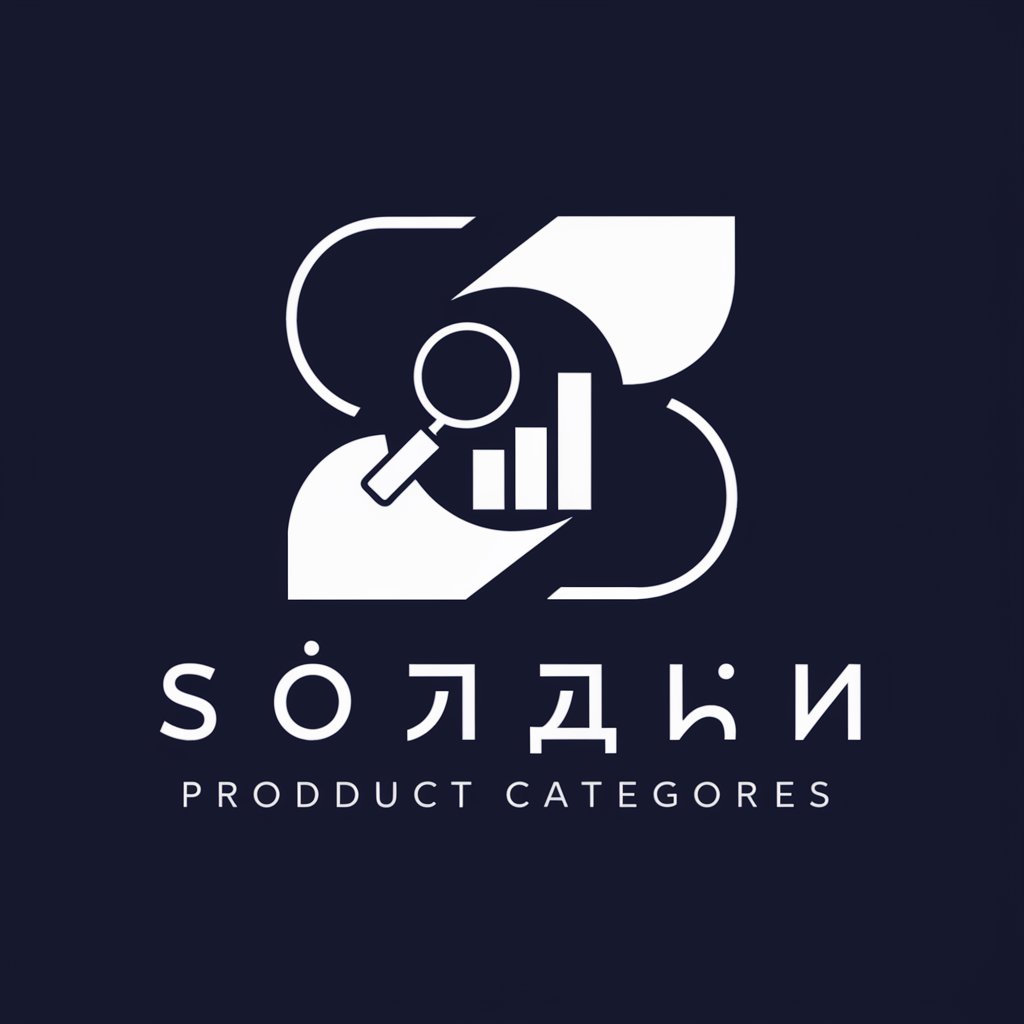
计算机视觉工程师
Empowering Vision with AI

AI for Medical Imaging GPT
Revolutionizing Medical Imaging with AI
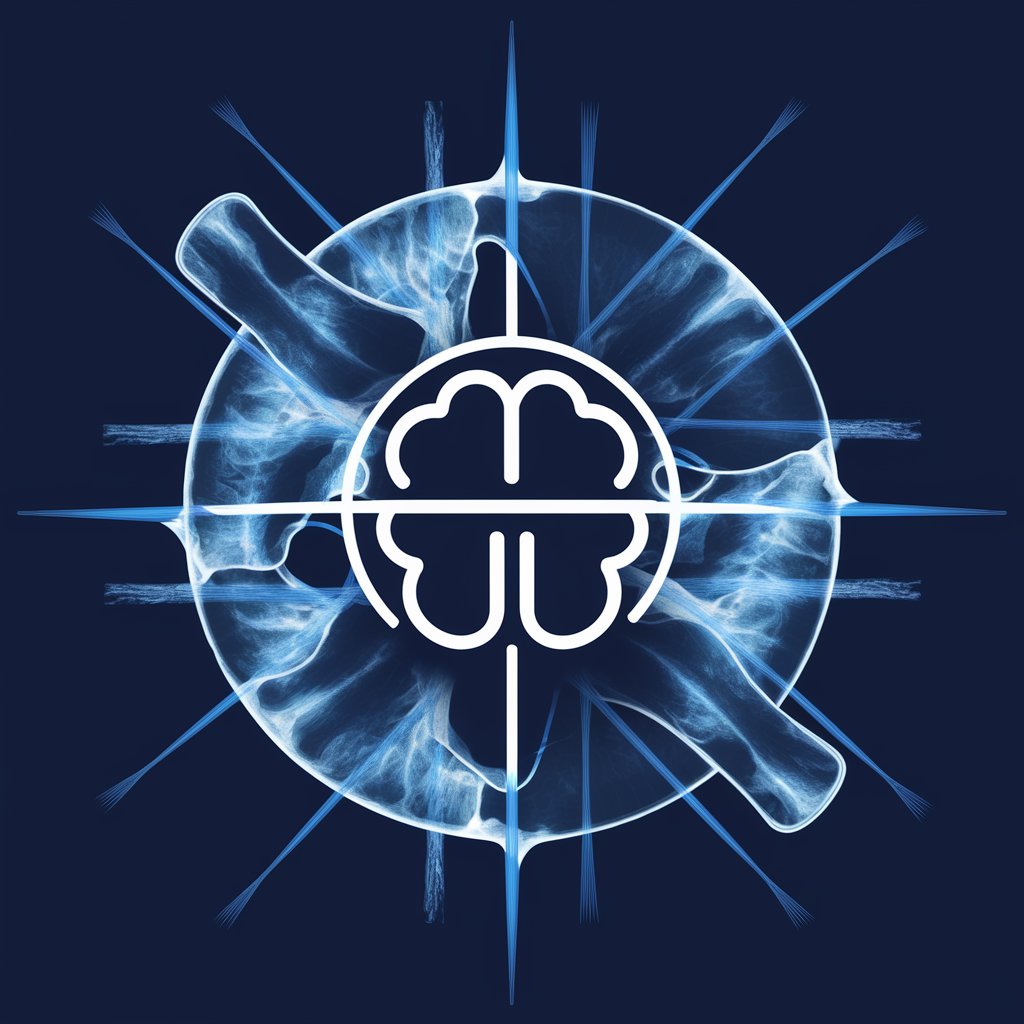
AI Engineering TA
Streamlining AI Project Development
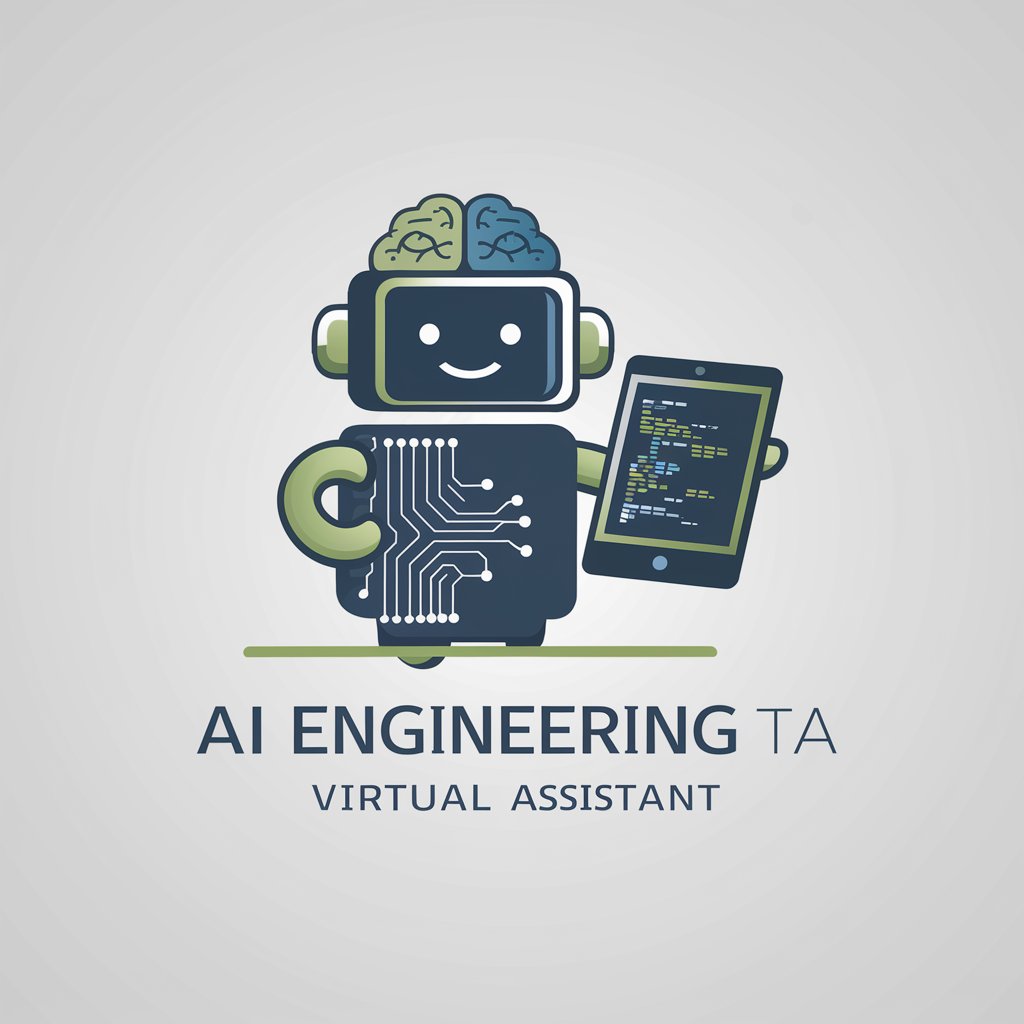
YOLOv5 Expert
Empowering object detection with AI

spaCy Pattern Wizard
Empower your NLP with AI-driven pattern matching.
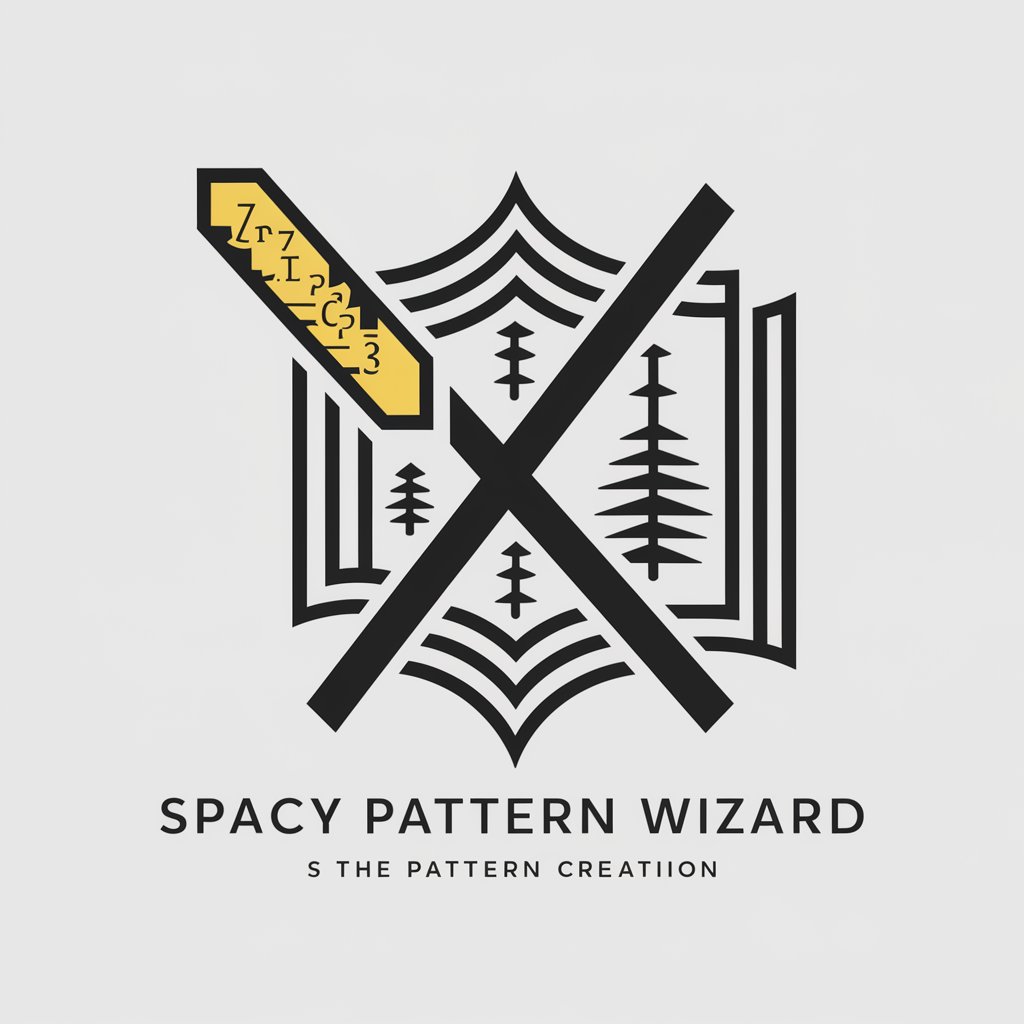
LLM Pre-Train Pro
Optimize LLMs for any hardware setup.

The Curator
AI-powered insights into language and discourse
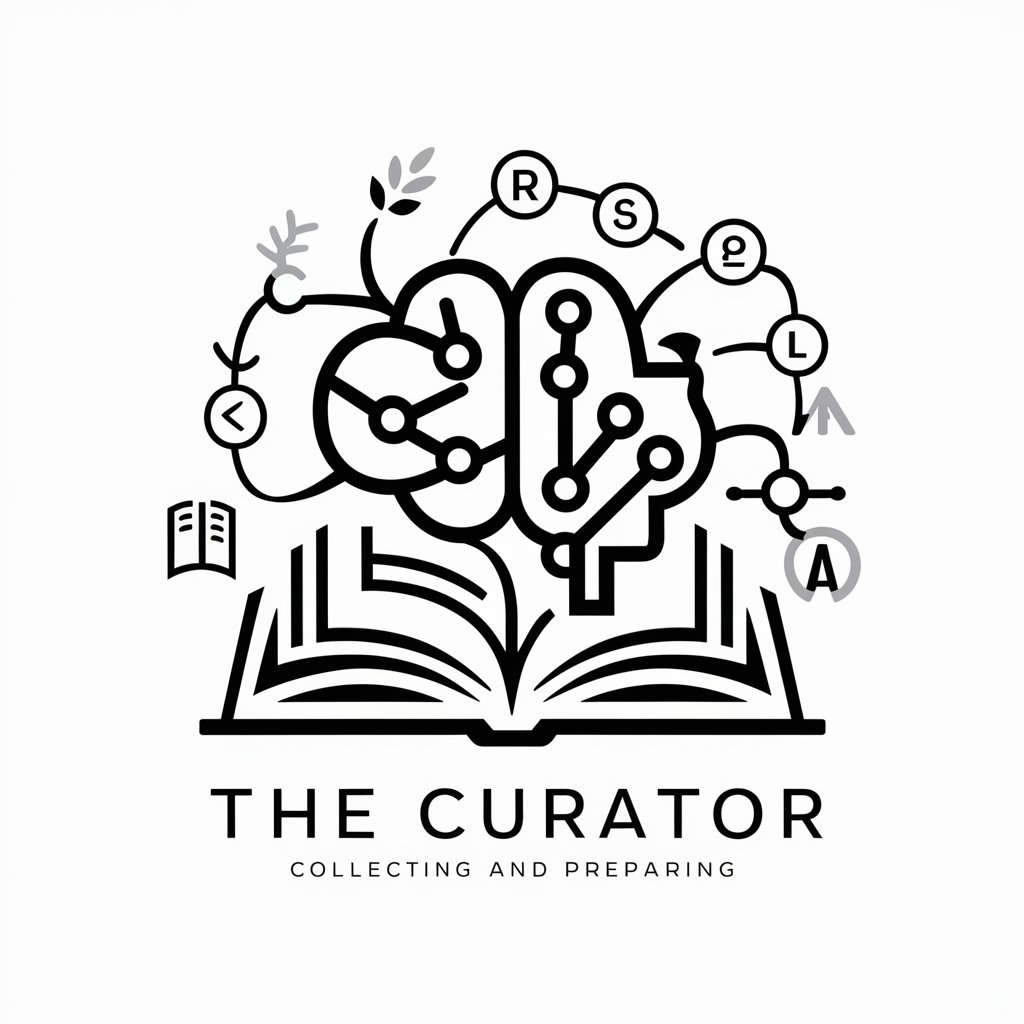
视觉评估算法
Enhance accuracy with AI-powered evaluation.
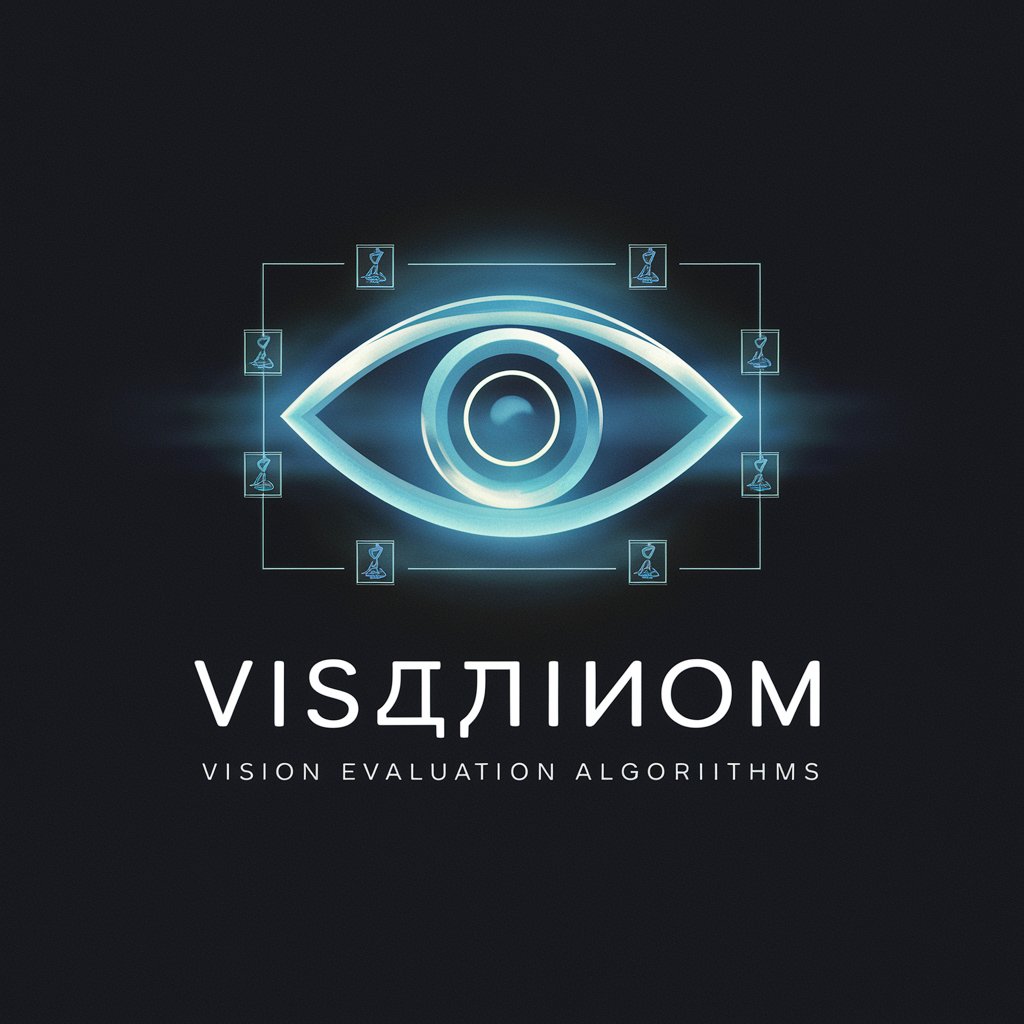
Bio Annotator
Empowering Research with AI-Driven Insights
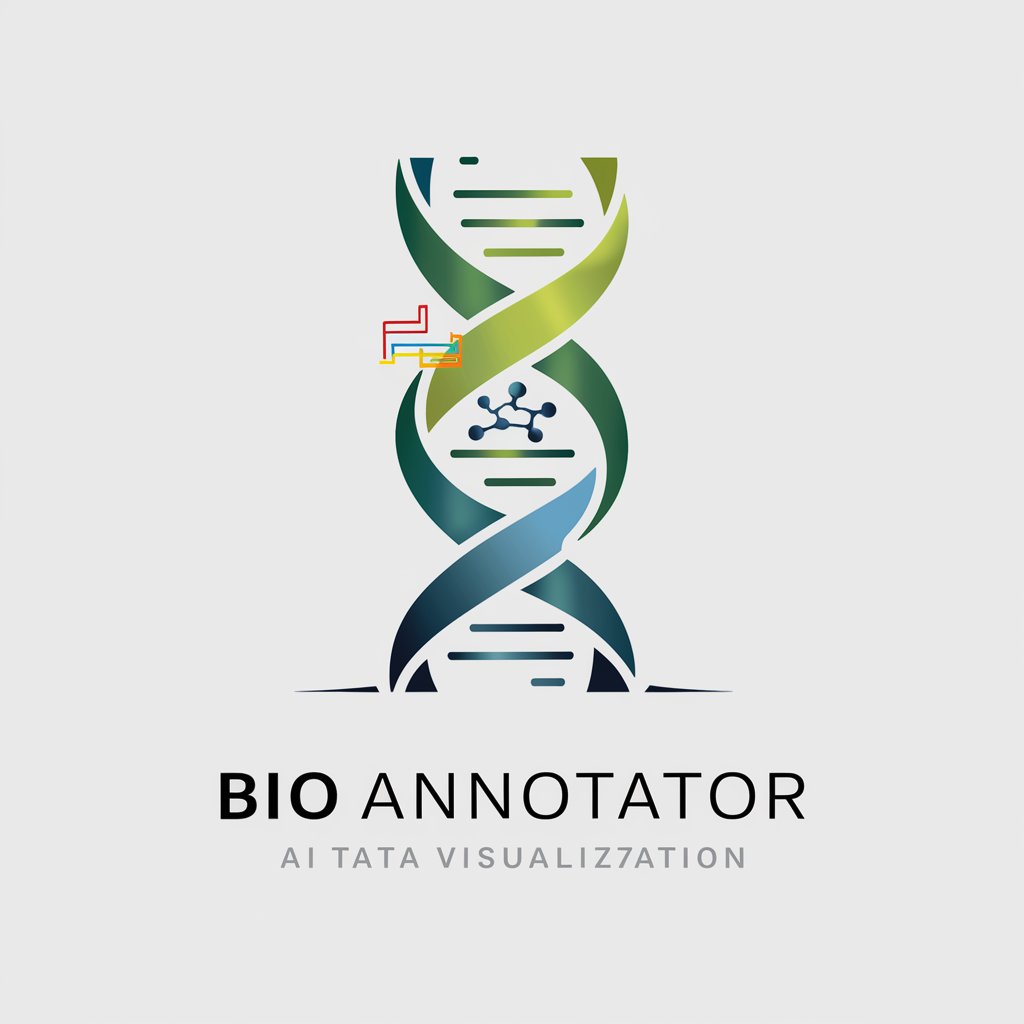
GeoML Navigator
Transforming imagery into insights.
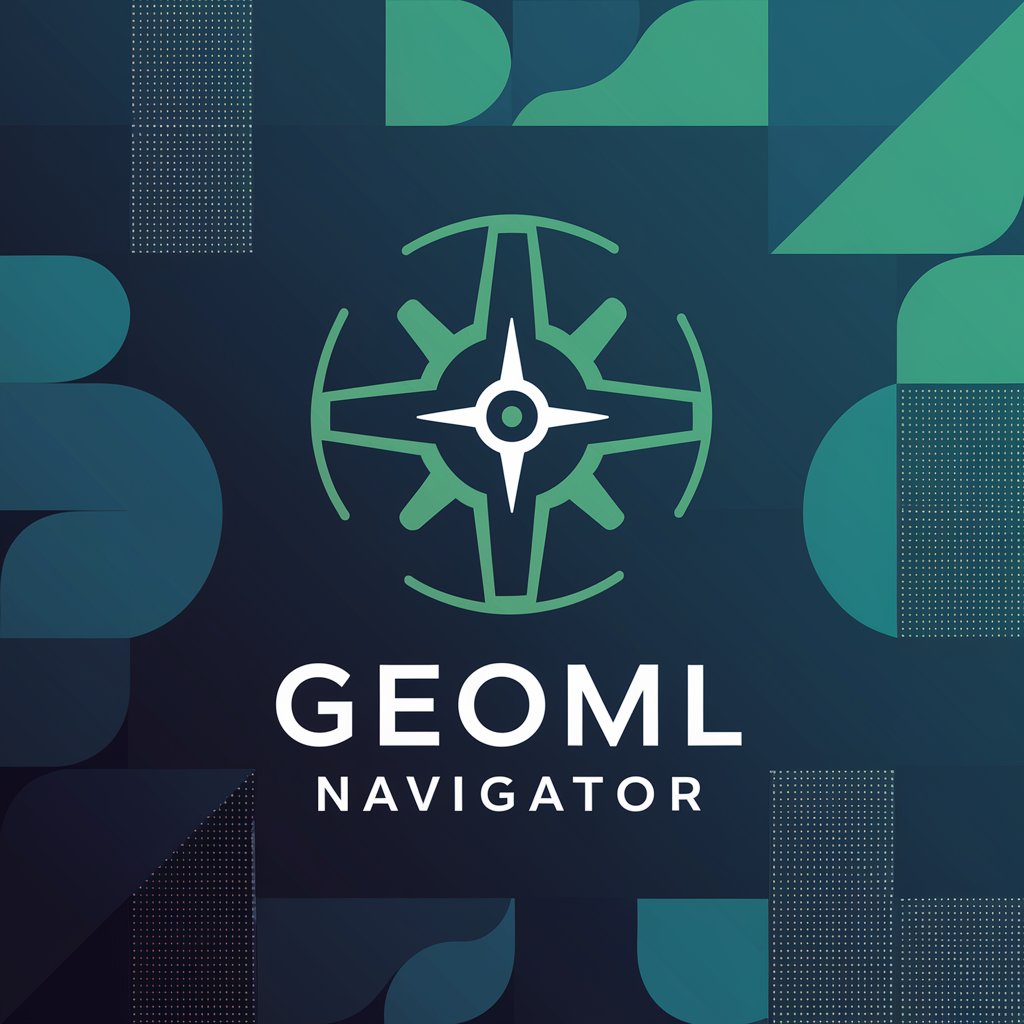
Essential Attributes and Functions
AI GPTs tools for Data Annotation boast a range of capabilities, from basic text and image annotations to complex data structuring for machine learning models. These features include natural language understanding for precise tagging, image recognition capabilities for visual data annotation, and adaptability to different data formats. Special features also encompass language learning for multilingual annotation, technical support for troubleshooting, and integration with web and data analysis tools, thereby offering a comprehensive suite for data annotation needs.
Who Benefits from AI GPTs in Data Annotation
The primary users of AI GPTs for Data Annotation include data scientists, AI researchers, and developers engaged in machine learning projects, as well as novices in the tech field seeking to implement AI without extensive programming knowledge. These tools are designed to be accessible to beginners, while also providing advanced customization options and programming interfaces for experienced professionals, making them versatile for various expertise levels.
Try Our other AI GPTs tools for Free
Archival Documentation
Explore the transformative potential of AI GPTs for Archival Documentation, offering advanced solutions for managing and interpreting archival data with efficiency and precision.
Admission Help
Unlock your potential with AI GPTs for Admission Help, your personalized guide through the college admission process. From essay drafting to interview prep, make your application stand out.
Class Dynamics
Explore the world of Class Dynamics through AI GPT tools, designed to offer in-depth insights and analyses on social stratification and economic disparities.
Authority Influence
Discover how AI GPTs for Authority Influence can transform your approach to understanding and leveraging authority dynamics with advanced AI capabilities.
Winery Research
Discover how AI GPTs revolutionize winery research, offering predictive insights, consumer trend analysis, and sustainable practice guidance to enhance the wine industry.
Professional Appointments
Optimize your scheduling with AI GPTs for Professional Appointments, leveraging advanced AI to manage, book, and coordinate meetings effortlessly.
Extended Perspectives on AI GPTs
AI GPTs for Data Annotation not only offer a streamlined approach to data labeling but also bring innovative solutions to challenges in various sectors. Their user-friendly interfaces facilitate easy adoption, while the possibility of integration with existing systems underscores their versatility. This adaptability makes them a cornerstone in the development of efficient, AI-driven workflows.
Frequently Asked Questions
What is AI GPT for Data Annotation?
AI GPT for Data Annotation refers to using generative pre-trained transformer models to automate the process of labeling and categorizing data for use in training AI systems.
Who can use these AI GPT tools?
These tools are suitable for a wide audience, including novices, data scientists, AI researchers, and developers focused on machine learning.
Do I need programming skills to use AI GPTs for Data Annotation?
Not necessarily. These tools are designed to be user-friendly for those without coding skills, but also offer programming interfaces for more advanced customization.
Can AI GPT tools handle complex data annotation tasks?
Yes, they are designed to adapt from simple to complex functions, capable of handling various types of data annotation including text, image, and more complex data structuring.
Are AI GPTs suitable for multilingual data annotation?
Yes, one of the special features of these tools is their language learning capability, allowing them to handle data annotation in multiple languages.
How do AI GPTs improve over time?
These tools learn from examples and feedback, continuously improving their accuracy and efficiency in data annotation tasks.
Can these tools be integrated with existing systems?
Yes, AI GPTs for Data Annotation can be integrated with existing workflows and systems, providing a seamless enhancement to data processing capabilities.
What sets AI GPTs apart in data annotation?
Their ability to understand natural language, adapt to various data formats, and improve over time, coupled with special features like multilingual support and integration capabilities, set them apart.